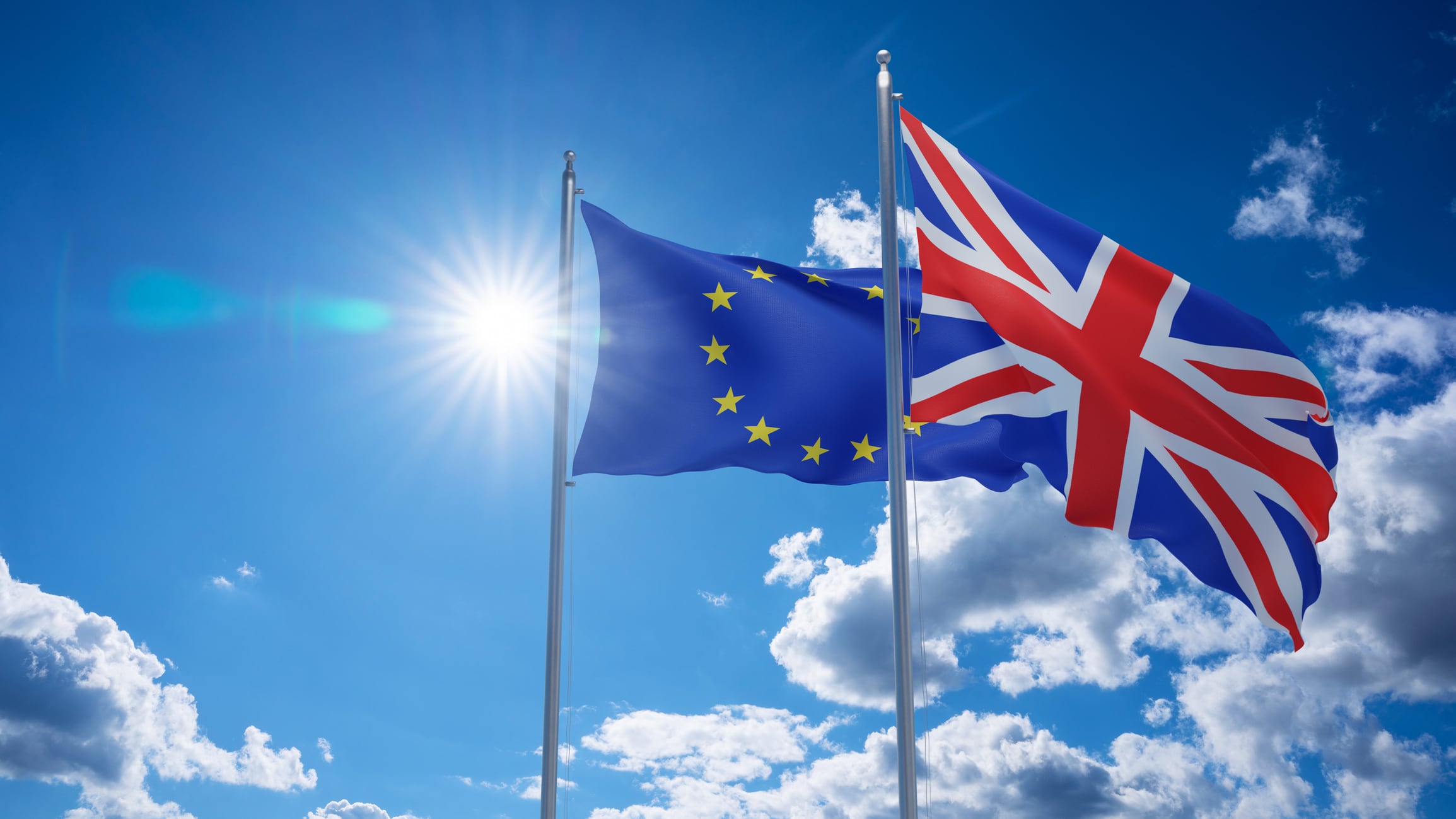Issues such as security, energy as well as food and drink, including fishing rights were part of the agreement.
The first EU-UK summit also took place in London, as the Government signed the post-Brexit deal.
Prime Minister Keir Starmer said: “It’s time to look forward. To move on from the stale old debates and political fights to find common sense, practical solutions which get the best for the British people.”
This follows two previous partnerships agreed by the UK with the US and India, which were welcomed by industry bodies.
The EU is the UK’s largest trading partner, which has seen a 21% drop in exports and 7% drop in imports seen since Brexit.
Reducing red tape
The Government has revealed that as part of the deal, a new Sanitary and Phytosanitary (SPS) agreement will make it easier for food and drink to be imported and exported by reducing the red tape that placed burdens on businesses.
Some routine checks on animal and plant products will be removed completely, allowing goods to flow freely again, including between Great Britain and Northern Ireland.
The new deal also means that EU fishermen continue to have access to UK waters for the next 12 years.
In addition, the UK and the EU have agreed to co-operate further on a youth experience scheme – which could see young people able to work and travel freely in Europe.
The hope is the relaxed export checks could help to mitigate the high costs on food items being imported to the UK while items from the UK could find it easier to export to the EU.
UKHospitality (UKH) chief executive Kate Nicholls said: “The new agreement with the EU to remove trade barriers is positive news for hospitality businesses and will help to further increase access to high-quality, affordable food and drink for business and consumers alike.
“We’re pleased that there is a clear commitment to co-operate further on a youth experience scheme.
“These schemes are beneficial for those already working in hospitality, tourism and other cultural sectors to live and work in either the UK or EU.
“Not only does it provide economic benefits, but it also provides new opportunities for critical cultural exchange, which ultimately delivers richer experiences for customers.”
Mitigate costs
British Beer & Pub Association (BBPA) CEO Emma McClarkin told the Morning Advertiser (The MA): “It’s key this new deal gives UK pubs and brewers the opportunity to boost growth, and we welcome progress towards agreeing a youth mobility scheme that could not only help the industry to fill particular roles but provide fantastic opportunities for more young people to work in our sector.
“We wait to learn more but I sincerely hope this deal makes it easier for us to maximise our trading potential because, as businesses know only too well, the sector is up against millions in new fees and taxes which is undermining investment and jobs.
“The immediate critical issue if the sector is to continue helping the UK economy and workforce is for Government to address our concerns about the Employment Rights Bill.
“If Government wants to boost the domestic workforce they must unshackle the sector so we can help both employers and workers and the UK live up to its true potential.”
Recently, the association told the MA that it wanted obstacles to be removed in trade deals to support the brewing and pub sector.
Lynx Purchasing managing director Rachel Dobson commented: “We’ll need to see the details of the new UK/EU agreement to understand the full implications, but anything that reduces barriers to the movement of food and drink across borders is likely to be welcome.
“The UK market relies on imports of a range of produce, and it has been more complex and, time consuming, with plenty of price fluctuations, since Brexit. Any delays at the border are a particular challenge when dealing with perishable produce, such as salad lines
“Lynx Purchasing’s approach is that on both sustainability and quality grounds, we encourage operators to support British farmers and producers, and to source produce as close to home as possible, when in season.
“It sounds like the agreement means the UK fishing fleet will be grateful for any support from the hospitality sector.
“Operators that can feature ‘catch of the day’ type dishes on menus and specials boards, making the most of the range of high-quality fish and seafood landed at British ports, and using a broader of fish products, will be doing their bit for the fishing industry as well as appealing to customers.”




